Bangladesh to hold elections in February 2026, says Yunus
Thousands in Dhaka mark anniversary of Hasina's ouster as interim govt unveils roadmap for democratic reform
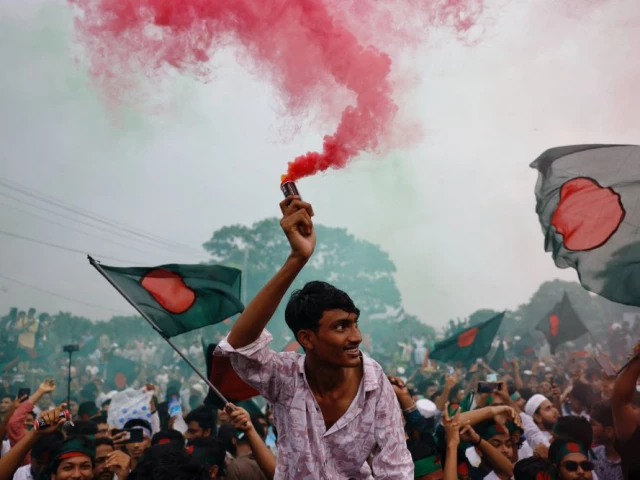
Bangladesh interim leader Muhammad Yunus said on Tuesday he would ask the election commission to hold a national election next February.
Earlier thousands of exultant Bangladeshis gathered in Dhaka on Tuesday to mark the first anniversary of the mass protests that toppled former Prime Minister Sheikh Hasina, as the interim government unveiled a symbolic roadmap promising democratic reform.
Rallies, concerts, and prayer sessions were held in the capital as people in the Muslim-majority South Asian nation celebrated what they called the country’s “second liberation”.
The events culminated with Nobel peace laureate Muhammad Yunus formally reading out the “July Declaration” – a 28-point document that seeks to give constitutional recognition to the 2024 student-led uprising, sparked by economic woes and repression, that forced Hasina to flee to India on August 5.
Also Read: Dhaka shows interest in coal, limestone import
“The people of Bangladesh express their desire that the student-people uprising of 2024 will get proper state and constitutional recognition,” said Yunus, the de facto prime minister who heads the interim government installed after Hasina’s ouster, as representatives of political parties looked on.
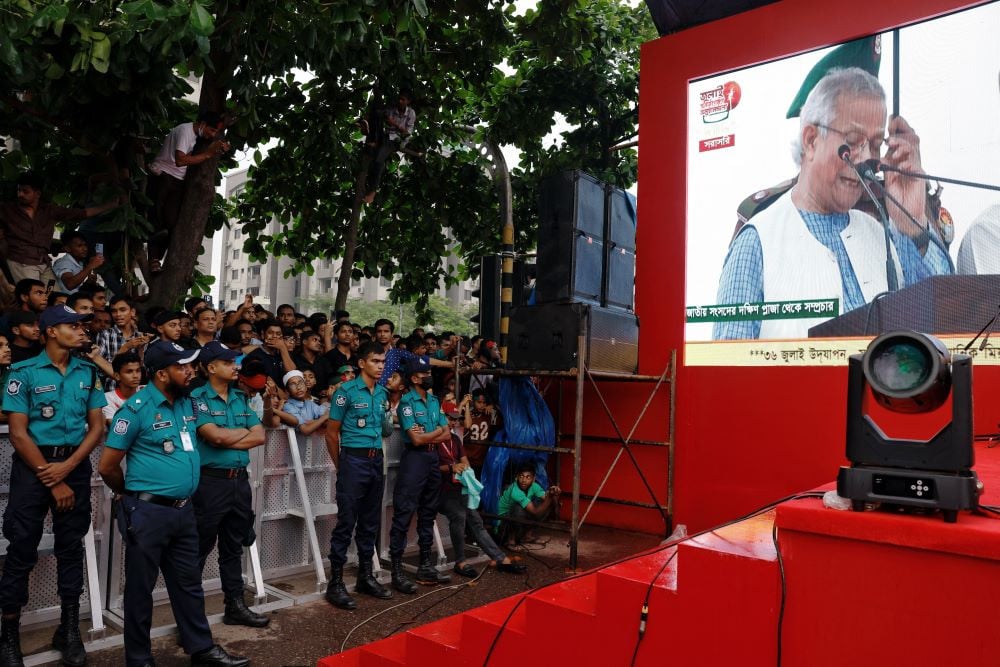
People watch Muhammad Yunus, leader of Bangladeshi interim government, as he appears on a screen while reading the July Declaration, during celebrations marking the one-year anniversary of student-led protests that led to the ousting of Bangladeshi then-Prime-Minister Sheikh Hasina, at Manik Mia Avenue, outside the parliament building, in Dhaka, Bangladesh, August 5, 2025.PHOTO: REUTERS
“The July Declaration will feature in the schedule of the reformed constitution as framed by the government formed through the next national election,” he said.
Supporters see the charter as a foundation for institutional reform, but critics have warned its impact could be largely symbolic in the absence of a legal framework or parliamentary consensus.
Earlier on Tuesday, in a message to the nation, Yunus said:
“Together, we will build a Bangladesh where tyranny will never rise again,”
As he paid tribute to those who sacrificed their lives. A peaceful, fair and transparent election could be held early next year, he said, pledging a return to full democratic rule amid mounting pressure for a swifter transition and growing labour unrest.
“Fallen autocrats and their self-serving allies remain active,” he added, urging unity to protect the gains of the uprising while his government holds reform talks with political parties and civil society.
His interim government had launched sweeping reforms, he added, while trials for those responsible for the “July killings” of 2024 were progressing swiftly.
Mixed emotions
Crowds waving flags, holding placards, and chanting slogans gathered near parliament, including some who had been injured in the protests.
“On this day in 2024, the tyrant Sheikh Hasina fled the country,” said Ahmedul Hasan, who was accompanied by his sister.
“I was here last year too. I’ve come again to remember that moment and join the celebrations.”
Others were less exuberant.
“Even after all the bloodshed and sacrifice, a truly liberal democracy in Bangladesh still feels like a distant dream,” said Sabbir Ahmed, a college student from Jamalpur who participated in last year’s protests.
Read More: Bangladesh to unveil democratic reforms on coup anniversary
Police were on high alert throughout the capital, with armoured vehicles patrolling the streets to deter any attempt by Hasina’s banned Awami League to disrupt the day’s events.
“Let this anniversary not be a day of retrospection, but a rallying cry for a brighter tomorrow,” Hasina said in an open letter to the people of Bangladesh, adding that she had never resigned from her duties as prime minister.
“Bangladesh has overcome adversity before, and we will rise again, stronger, more united, and more determined to build a democracy that truly serves its people.”
Despite some opposition, it is backed by major political groups, including the Bangladesh Nationalist Party (BNP), led by former premier Khaleda Zia.
Supporters see the charter as a foundation for institutional reform, but critics have warned its impact could be largely symbolic in the absence of a legal framework or parliamentary consensus.

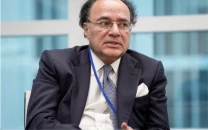
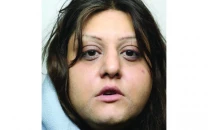
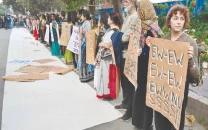

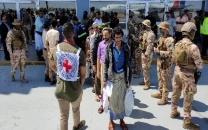
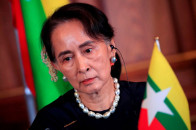

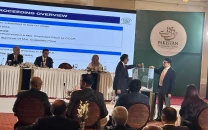
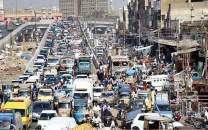


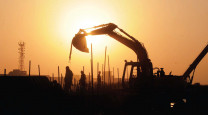
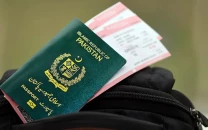






COMMENTS
Comments are moderated and generally will be posted if they are on-topic and not abusive.
For more information, please see our Comments FAQ